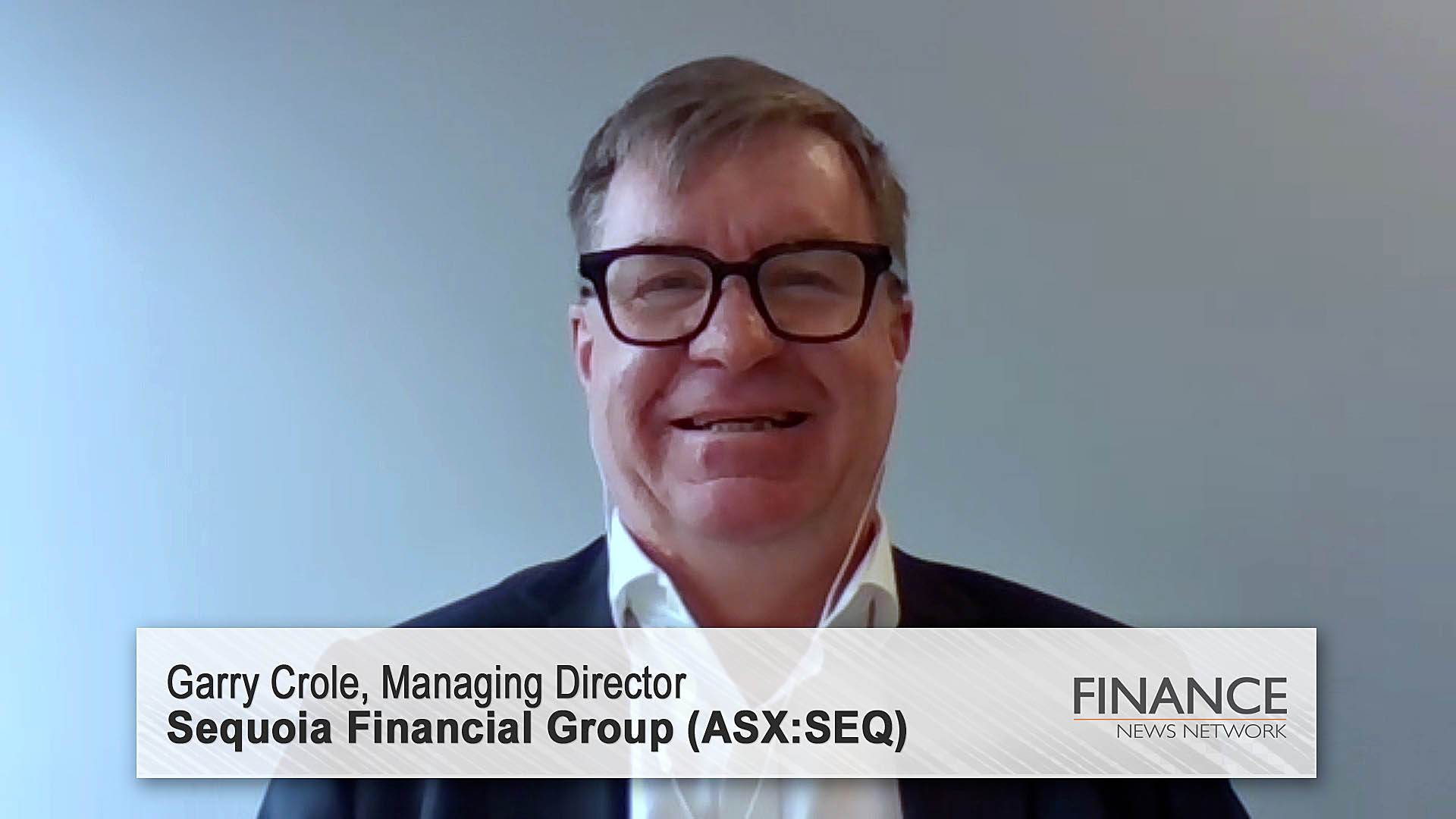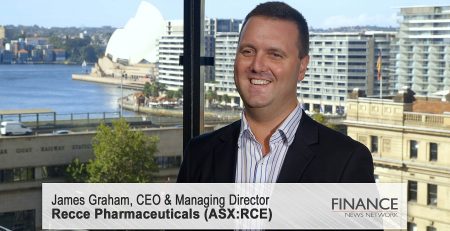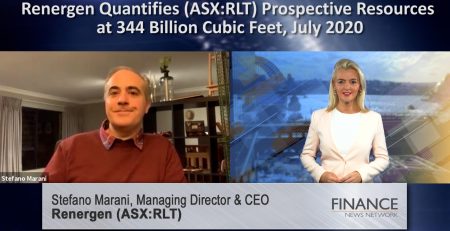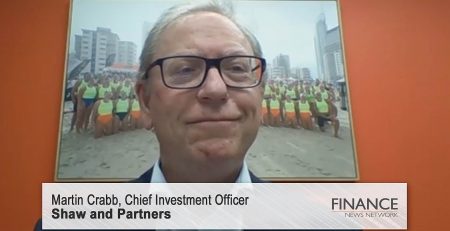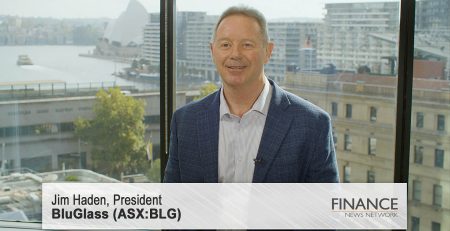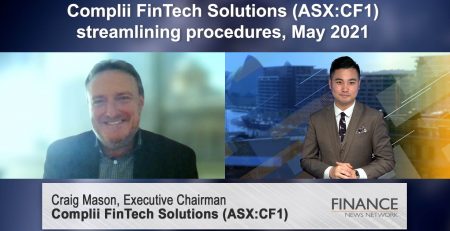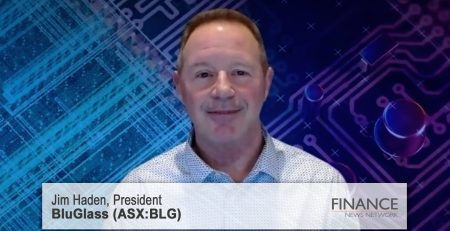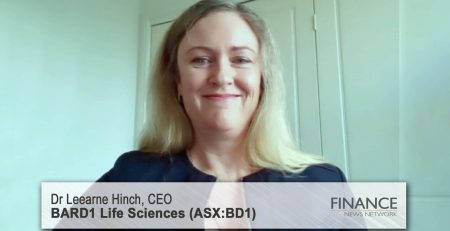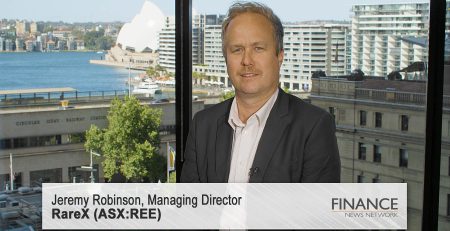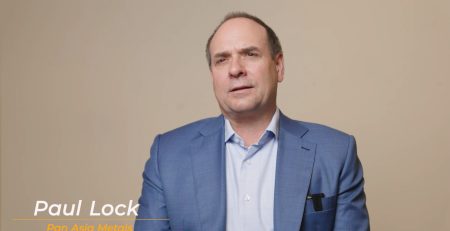Sequoia Financial Group (ASX:SEQ) releases FY22 results
Sequoia Financial Group Limited (ASX:SEQ) Managing Director Garry Crole discusses FY22 financial highlights, future margin growth, acquisition strategy and dividend policy.
Tim McGowen: We're talking to Mr Garry Crole today, who's the Managing Director of Sequoia Financial Group (ASX:SEQ). If you don't know Sequoia, the market cap is around $80 million, ASX code SEQ. The company is an integrated financial services business, providing products and services to self-directed retail clients, wholesale clients and third-party professional services firms.
Garry, welcome back. Obviously, Sequoia is the owner of Finance News Network and ShareCafe, of course. So, for transparency, I thought I'd get that out of the way. How are you going today?
Garry Crole: Yeah, no, good, thank you. Thanks for having us on, Tim, and pleased to have a chat about our results today.
Tim McGowen: Garry, Sequoia announced their 2022 financial year results today. What were some of the highlights?
Garry Crole: Thanks. I think the main highlight, in particular, is revenue growth in our professional services business, revenue growth across the board by 26 per cent, but probably the most important and, really, the major highlight for me is what is most important to me, and that is cash generation. The business was able to increase its cash generation to $14.7 million before tax, or around 11 cents per share. So, you know, what we believe in, and we're quite conservative in that nature, is that businesses should be valued on their ability to generate cash, pay tax and then pay dividends, and that's where our focus was on, and I think that was the real highlight.
Tim McGowen: And you spoke about that revenue increasing by 26 per cent to 147 million, but net profit only rose 3 per cent. Can you explain that kind of disparity, I suppose?
Garry Crole: Really, what we're doing at Sequoia is we're investing for the long term. So we don't play games with our accounts. There's no abnormals, there's no cost of acquisitions, there's no discussion on the write-downs of the investment portfolio and so on, and I think that talks to it. And we're investing for the future. For example, in the last 12 months, we've invested significant money on employees. We've added 19 new employees. So, we're investing for the future growth that we do expect, and we talk about that in our presentation, where we expect to get to $300 million revenue at a 10 per cent margin by 2026. So, we're paying it forward, but the most important focus that we would like shareholders to consider is the cash generation, because that's what's real and that's what we are doing. We're generating 11 cents per share in cash, EBITDA, and net profit after tax. We want to pay as less tax as we possibly can, and generate cash, and use that cash to fund acquisitions, and that's the focus.
Tim McGowen: And where's that cash number at the moment?
Garry Crole: So we currently have $14.9 million of cash in the bank that is ours, and we generated 14.7 million cash from operations before tax in the last 12 months. That was up 36 per cent. So, the businesses themselves are operating extremely well in generating cash. Our EBITDA was less. So we're actually generating more cash than our EBITDA, which is quite unusual. This year's number was 1.19, and our EBITDA was particularly impacted in that regards by… We wrote down the value of some of our unlisted investments. We didn't account for a number of things in respect to, you know, COVID payments we received in previous years and all those sorts of things. But cash is king for me, and revenue growth is king, so they're the two things that we're looking to focus on.
Tim McGowen: And, of course, financial advice is a large part of Sequoia, with InterPrac, and I think there's 400 advisors within the business, but it's also a business with fairly low margin. Where will Sequoia grow margins in the future?
Garry Crole: The professional services business, the direct business, which Finance News Network, ShareCafe, and Informed Investor form part of, are a much higher margin. So, we're predicting 25 to 30 per cent margins from our professional services business and our direct business over the next few years. Direct business is obviously very small at the moment at $2.6 million of revenue, but we expect that to move towards $15 million over the next four years. The professional services revenue, if you look at the results, grew more than 50 per cent, and it's a 25 per cent margin business. The financial planning and the clearing businesses are very, very cost-competitive, and we've invested heavily for the future. So our margins this financial year, in respect to EBITDA, whilst they might look disappointing, they're an investment in the future. Those margins are currently 8 per cent. They're growing, we're winning market share. Financial planners, in the last 12 months, reduced from something like 25,000 advisors to 17,000. So, you're really kicking into a strong headwind there. However, our revenue grew by 30 per cent in that area, so we're winning. We're disappointed that our share price is where it is because we believe we can help consolidate the industry, but we're not prepared to do it using currency that we think is undervalued, and we will commence our share buyback when we can, so in three days' time, we'll reinstate the share buyback. We stopped our share buyback on 30 June because the advice that we got was that we're in a lockout period, and we are doing everything we can by using our cash generation to go out and use it to improve our capital management strategy.
Tim McGowen: And, Garry, you mentioned acquisitions, you've made some acquisitions over the last 12 months. Where do acquisitions fit into the strategy moving forward?
Garry Crole: Yeah, sure. So, the direct division, we made an acquisition, as you know, in May. So, none of the financial benefits of those acquisitions with Informed Investor, Yield Report, ShareCafe and the like have really had any impact in respect to the revenue numbers, but the expense of those acquisitions has come through. We will continue to look at areas where we can increase acquisitions in that area, but probably the main business unit that we will be looking for acquisitions is in professional services at this stage. The margins are 25 to 30 per cent. It's a software as a service-type business. We grew revenue very strongly last year, and we now have all the infrastructure. We've invested heavily in staff, and we will look to make acquisitions in self-managed super fund administration, more document providers, more general insurance broking providers, whereas in the licensee services business, we're likely to only look at smaller acquisitions, where we can use cash to do those.
Tim McGowen: And, Garry, can you give an update on the dividend that was announced and what's the dividend policy moving forward?
Garry Crole: One of the challenges with what we consider to be an undervalued share price is not being able to use that as currency. So, our only real currency is cash, so we'll be using the cash to do buybacks, but we'll also be using the cash to slowly increase our dividend. So, this financial year, we've paid 1.4 cents, which is a 40 per cent increase on last year's dividend, but it's only on a 33 per cent payout ratio. Over the next four years, we're looking to increase the payout ratio towards 70 per cent as the business matures, and that maturity that I'm talking about in that sense is a 30-million cash flow business, and then we can sort of pay out 20-odd million, obviously less tax, 15- to 20-odd million in dividends at that point. But we're far from maturity. We're still growing, and we're looking to conserve cash and use it for acquisitions.
Tim McGowen: Garry, always good to talk to you. Thanks for your time.
Garry Crole: Thanks, Tim, and it's a pleasure being on the network, so thank you very much.
Ends
Copyright 2022 – Finance News Network
Source: Finance News Network

